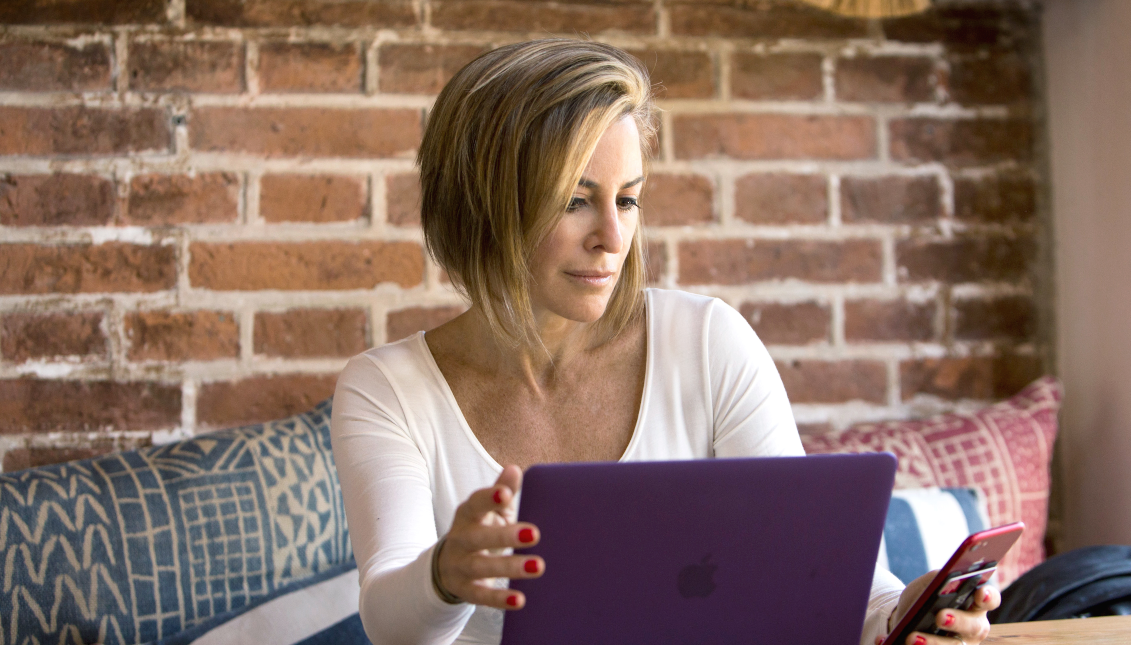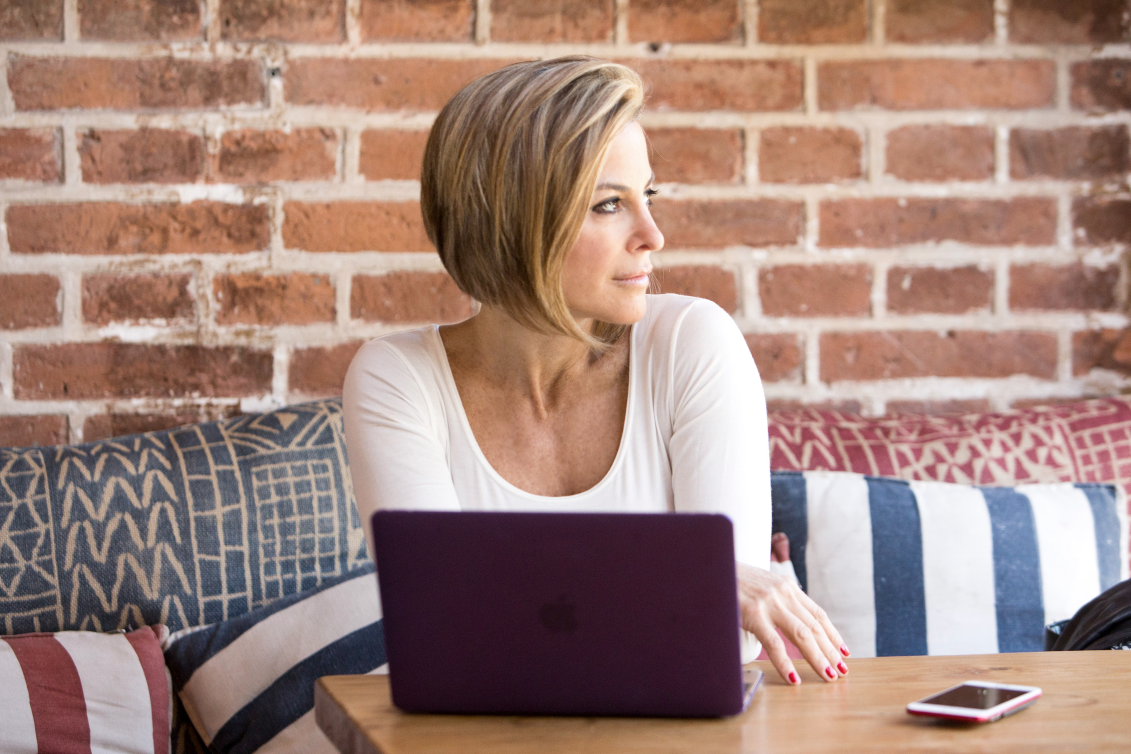
The pandemic changed the way we work
We talked to Silvina Moschini, the CEO of Transparent Business, about how the pandemic is transforming the labour market and business opportunities.
"This pandemic is proving many things that we used to be told were impossible to do, such as the issue of remote working, which used to be said 'Yes, yes, very good, I think it's interesting. But, mmm, the culture here... We like people to go to the office, that's not going to happen here, it can't be done'" –says Silvina Moschini, the CEO of Transparent Business, from her home, where she is in quarantine, like the rest of her team, scattered throughout the continent. We talked to her to understand how the dynamics of work are being transformed by the pandemic, the challenges and opportunities for business restructuring in the United States and Latin America.
"If the technology exists, the obstacle is in people's heads: because of resistance to change, because of laziness, because of whatever reason. Looking for excuses is easier than changing the way you solve problems. But I think there's a before and after and that's it. Like what happened with 9/11. Now there's a new normal.
I think what's going to happen with this is that the resistance to moving to digital platforms is going to have to subside. Both for online learning and for the remote working issue.
And on the side of the companies, they are going to see that they saved a whole lot of money on infrastructure. Money that could be retained and redirected to create much more agile and efficient companies. Because now there is not a single company that is not looking at how to optimize work protocols, business, how to move to digital: many businesses that are looking at how to rethink their way of approaching consumers because they do not know when normal commerce is going to reopen.And even when it does, their consumers are going to be much more mature for online commerce.
All people and economic sectors have been affected in one way or another by the pandemic. Despite this, there are some who are having an economic bonanza (such as telecommunications companies, home delivery services, online learning, or those selling basic care products such as toilet paper), but others are reinventing themselves with resources they had previously shied away from.
"For example, gyms. In Colombia, the BodyTech has about 4,000 workers. Imagine the burden as an entrepreneur of knowing that so many people depend on you, that they suddenly shut you down. And you don't know for how long. They reacted very quickly: with amazing people, what they did was bring the classes online. They have yoga classes, crossfit, you name it. The only thing they did was to set up the virtual location: 'Class at 5 pm in Barranquilla's BodyTech with such and such' and they kept working to create their community with the customers. So that the clients don't fall down physically and emotionally, but also so that when the new normality arrives, they don't have a different routine.
Others, who have it a little more difficult, but who are gradually changing their model, are those who used to have their trade in a traditional way, and are now selling their products through social selling, like Leonisa - the Colombian lingerie company -; who is giving women tools to sell their catalogue through digital catalogues and sell through Mercado Libre, Instagram, etc. And there are people who are working day and night on this type of training, because it's a huge shock for people.
Those who have it more difficult are the restaurants, because they are in survival mode. You can take out, but you think about it five times...
And then the industries that are going to be most affected are tourism, hospitality and services that are tied to physical issues: masseurs, manicurists, hairdressers... For those who have infrastructure the blow will also be very hard, because the price of properties will fall more than 50%."

Silvina believes that this process of reconverting from face-to-face to digital dynamics can help to lessen the brutal economic blow that the region will suffer, the strongest since the Great Depression of 1930, but for it to work there must be a reconversion of skills.
RELATED CONTENT
"For example, the lady who has her cosmetics shop or who sells panties, normal commerce is going to have to reconvert it to digital. And that conversion will generate new jobs, digital jobs: the lady will need experts to campaign on Facebook or Instagram, who are community managers. I think there are many opportunities as long as we tie up training programs to do up skilling in skills that today do not exist massively and will be needed in scale, which have to do with digital issues.
An earlier fashion was to become a programmer. Forget about it: become a digital marketer. Because now everything will be much more than what we imagine on the Internet.
There are different opportunities that can be taken advantage of if you make a systematic, public, private, multilateral effort. Something similar to what we are doing with the IDB in Guatemala, which is training women for growth marketing through our platform (SheWorks!).
There are two interesting strands: one is helping to create the digital microeconomy, so that they can scale up through entrepreneurial skills, and the other is service contracting. People think that if you're not in San Francisco or New York the wheel doesn't turn the same for you and that's completely wrong. There are super-talented, prepared people, and you have people who may not be so prepared, but if you give them the tools, you can make them employable.
The adaptation is going to be very fast because the transition wasn't made by the CEO, it was made by COVID-19. So all those excuses... the bureaucracy, the cultural barrier... are going to be worthless now. It's been done, it's been proven that it can be done, because it's either work remotely or not working and dying.
This redefined the way things are done and proved that it is possible. More than changes in legislation, this is going to change managers, because it is important to understand how to manage the team so that it does not burn out and there are fewer good managers.
Need is the mother of invention. There are those who are going to sit down and lament, but there are those who are going to look for ways to change the reality of a country that is going to be fucked up.











LEAVE A COMMENT: